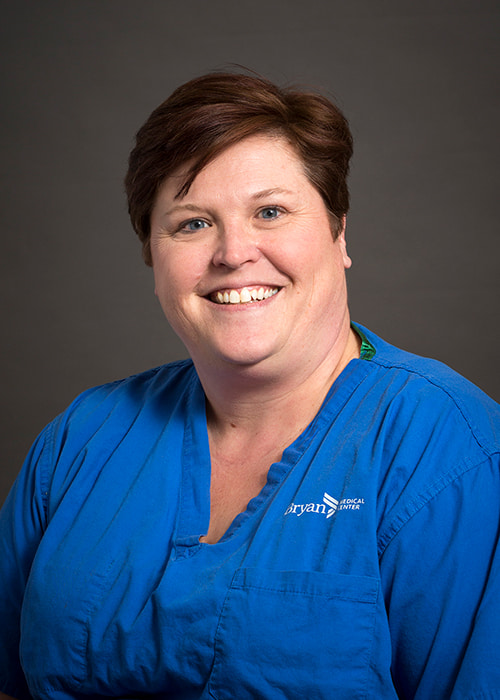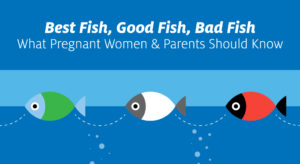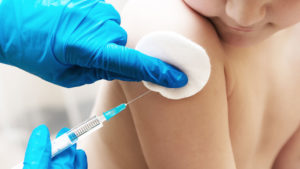November to March is the most common time of year for RSV to spread, and a perfect time to share information on how you can protect your baby, take preventive steps (if appropriate) and if needed, seek the treatment for your baby.
What is RSV?
RSV is short for Respiratory Syncytial Virus. It is one of the many viruses that cause the common cold. This virus can also cause pneumonia. It is spread when someone coughs or sneezes, and also can be carried on unwashed hands or contaminated objects.
Infants, especially those born premature, are at the greatest risk of becoming ill from this virus.
Symptoms of RSV Infection
In infants, RSV may start out looking like a mild cold with sneezing and a runny nose. The following symptoms usually begin within a week of exposure to the virus:
- Runny nose
- Stuffy nose
- Cough
- Wheezing
- Fever
After 2-3 days, RSV can spread to the lungs causing a cough, breathing that is faster than normal and possibly wheezing. Infants also may have a high fever.
Warning signs that an infant may be experiencing breathing difficulties include:
- Flaring of the nostrils
- Retractions, which occurs when the chest muscles are pulled in so the ribs are seen as the infant struggles to breathe
Diagnosis and Duration of RSV
If RSV is suspected, then take your baby to a doctor for an examination. Your doctor will take sample secretions from your baby’s nose and throat, which will be sent to the lab to confirm if RSV is present. RSV can last one to two weeks, and the wheezing can last for a month or longer.
Treating RSV
For mild RSV infections, comfort measures are usually all that are needed. This includes:
- Tylenol/Motrin for fever
- Drinking lots of fluids
- Rest
- Using a humidifier
- Saline nose drops
- Bulb syringe to suction nose
Infants with severe RSV infections may need to be hospitalized. They may need:
- Oxygen
- IV fluids
- Medications to help them breathe better
When to Call the Doctor
Call a doctor immediately if your infant has:
- High fever
- Severe cough
- Wheezing
- Difficulty feeding
- Difficulty breathing
- Abnormally fast breathing
- Grunting
- Flaring of the nostrils
- Chest retractions
- Bluish lips or fingernails
Preventing RSV
Preventing RSV can be difficult as it is highly contagious. There are no vaccinations to prevent RSV at this time.
You can take these steps to help prevent RSV:
- Practice good hand washing — the easiest way to prevent RSV
- Keep infants away from anyone who has symptoms of a cold or respiratory infection
Infants with the following conditions have a higher chance of getting a serious RSV infection:
- Born premature (less than 29 weeks gestation)
- Lung problems
- Heart problems
Infants with the above risks may qualify for a medication called Synagis. This is a prescription medication that prevents serious lung infections caused by RSV. It is given once a month during RSV season (November through March).
RSV Clinic for Infants at Risk
Bryan Health has made a commitment to help protect infants at risk for RSV by offering a Synagis Clinic. As the coordinator of this clinic, I work with families and their infants to provide care to prevent serious complications from an RSV infection. This includes screening infants to determine if they meet the criteria to receive Synagis, getting insurance authorization for the medication and providing the monthly Synagis injections during RSV season. In the three years of offering this clinic, I have only had one baby who was hospitalized with RSV. It is nice to follow the progress of our patients throughout the season, and to know that we are making a difference in the lives of these fragile newborns and their families.
Worried About RSV?
If your baby was born premature or has underlying health problems, talk to your doctor about the possibility for Synagis injections during RSV season. You can also call our clinic with questions.

Chris Wagner, APRN
Health Expert
Chris Wagner, APRN, is a Neonatal Nurse Practitioner with Bryan Health.








